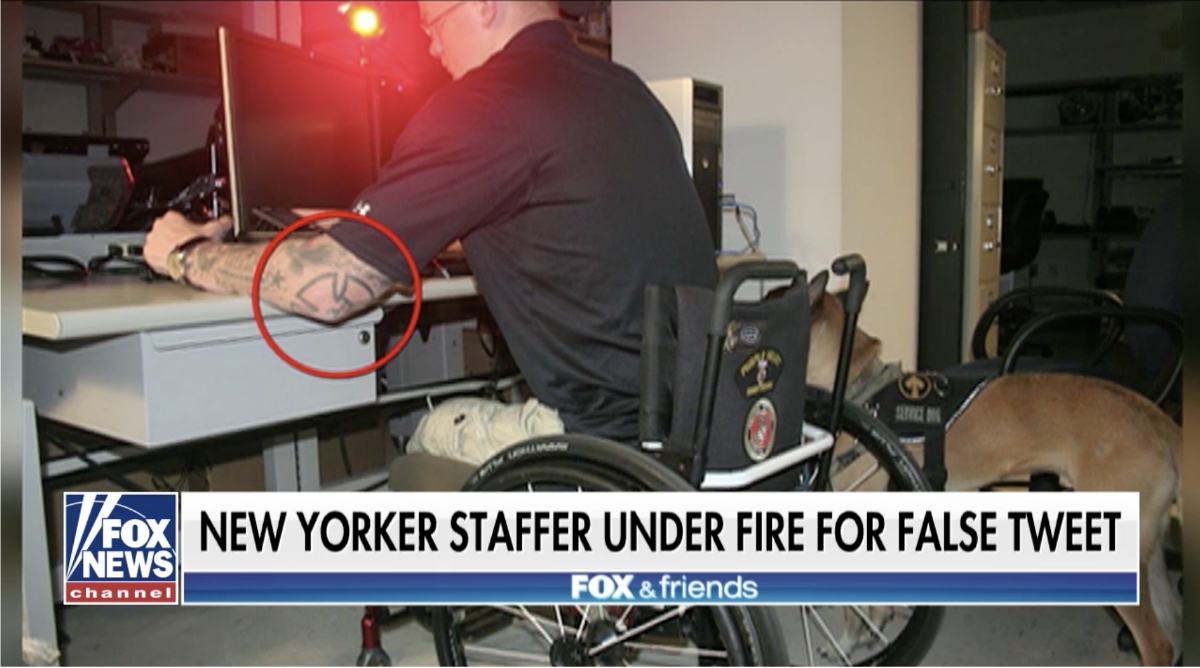Video games are considered a hobby, pastime and even obsession by gamers, but very few would go so far as to call them an addiction on par with heroin. Apparently, one individual who is suing Bethesda Softworks and localization firm Softklab for not warning him that the video game, Fallout 4, would be dangerous to his health and well-being, didn’t get that memo.
A 28-year-old Russian man from Krasnoyarsk became so fixated with Fallout 4, an open world action role-playing video game, that he ended up losing his job because he was skipping work to play the game. He became so socially withdrawn that his wife left him; and as a consequence of not eating and sleeping, his health went into rapid decline.(1)
“If I knew that this game could have become so addictive, I would have become a lot more wary of it,” he said in a statement. “I would not have bought it, or I would have left it until I was on holiday or until the New Year holidays.”(1)
Addictions, bad habits and personal responsibility
Konstantin Bobrov, the director of the “Single Center for Protection” legal service, claims his agency aided the man to make the the initial claim and may represent him in court.
“Russia does not like the judicial practice of resolving disputes between ordinary consumers and foreign companies for compensation for moral damage,” he told sources. “However, we do not have to question the legal qualification of our company, and we are ready to see how far we can go in this business.”(1)
The Russian gamer is suing Bethesda for $7,000 for losing his wife and job. According to a statement made by the man, Bethesda Softworks, LLC, the makers of the video game, should have put a warning sticker on the product cautioning users about its addictive nature.(1)
He claims that if he had known in advance how addictive the video game was, he would have waited until the holidays to test it out. According to the lawsuit, the man was engrossed for over three weeks, so the warning label probably would not have helped.
The entire episode is almost as bad as the Brazilian man in 2010 who sued McDonald’s on the grounds that the restaurant’s food made him fat. A former manager of a McDonald’s franchise in Porto Alegre, Brazil, claims that working at the fast-food chain caused him to gain 65 pounds. The 32-year-old man stated that the company’s policy of mandatory food sampling caused him to swell from 155 lbs. to 231 lbs while working at the restaurant.(2)
He also blamed the company’s free lunches of burgers, fries and milkshakes for his weight gain. Remarkably, Judge Joao Filho agreed with the man, issued a ruling against McDonald’s and ordered the restaurant to pay $17,500 to the ex-employee.(2)
Big, fat liars
Fortunately, the Russian man’s case against Fallout 4 doesn’t stand much of a chance in a court of law. Unlike the fast-food industry – which really is guilty for literally feeding an addiction – there are many examples of people who can play Fallout 4 without neglecting their jobs.
Furthermore, Fallout 4 is just as potentially addictive as any other video game. Presumably, the man was familiar with prior entries in the franchise. He likely purchased Fallout 4 after having played other games created by Bethesda including Fallout 3, New Vegas or Skyrim.
The incident has the hallmarks of “generation entitlement,” which would rather blame their problems on society than take responsibly for their choices. More narrowly, the case has the undertones of an individual who would rather find a cheap way to make a buck than actually work. At any rate, we can call out the so-called “victims” of McDonald’s and Bethesda for what they really are: big, fat liars.
Sources include:
(1) PCGamer.com
(2) NBCNews.com




















